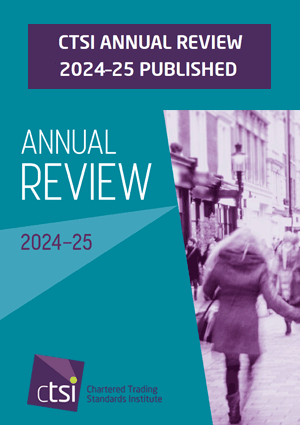Met Office
|
|
|
Global warming set to continue
Global warming continues to pose a real threat that should not be ignored — a claim reinforced in a new study by scientists reported in a supplement of the August issue of the Bulletin of the American Meteorological Society. This is despite very small global temperature rises over the last 10 years.
Met Office Hadley Centre scientists investigated how often decades with a neutral trend in global mean temperature occurred in computer modelled climate change simulations. They found that despite continued increases in greenhouse gas concentrations, a single-decade hiatus in warming occurs relatively often.
Jeff Knight, the article’s lead author, commented: "We found about 1 in every 8 decades has near-zero or negative global temperature trends in simulations which would otherwise warm at expected present-day rates. Given that we have seen fairly consistent global warming since the 1970s, these odds suggest the observed slowdown was due to occur."
But why do these anomalies occur at all, whether in climate models or in reality? The answer lies in something called 'internal climate variability' — the capacity for slow natural variations in the oceans to temporarily modify climate. Computer models used to make climate predictions reproduce this intrinsic character of our climate because they successfully represent many of the necessary fundamental climate processes.
One such internal fluctuation over the last decade could have been enough to mask the expected global temperature rise. However, the Met Office's decadal forecast predicts renewed warming after 2010 with about half of the years to 2015 likely to be warmer globally than the current warmest year on record.
Commenting on the new study, Vicky Pope, Head of Climate Change Advice at the Met Office said, "Decades like 1999–2008 occur quite frequently in our climate change simulations, but the underlying trend of increasing temperature remains. We cannot be complacent. Indeed, other signals of climate change are increasing as fast, or even faster than ever due to the combined effects of global warming and natural variability — the rapid loss of summer Arctic sea ice is one such example. Early action to reduce the extent and impacts of climate change remains vital."
ENDS
Notes to Editors
For further information contact Met Office Press Office 01392 886655 or email pressoffice@metoffice.gov.uk
Notes:
· The Met Office Hadley Centre is the UK's foremost centre for climate change research. Mainly funded by DECC (the Department of Energy and Climate Change), Defra (the Department for Environment, Food and Rural Affairs) and the Ministry of Defence, it provides information and advice to the UK Government on climate change issues.
· The American Meteorological Society ( www.ametsoc.org ) is the USA’s premier scientific organisation for those involved in the atmospheric and related sciences.
· To request a copy of the paper, send your name, organization, and phone number to Stephanie Kenitzer at kenitzer@ametsoc.org · ‘Do Global Temperature Trends Over the Last Decade Falsify Climate Predictions’ by J. Knight, J.J. Kenney, C. Folland, G. Harris, G.S. Jones, M. Palmer, D. Parker, A. Scaife, and P. Stott is published in a supplement to the August issue of the Bulletin of the American Meteorological Society Contacts: Sarah Holland
Phone: 01392 886655
sarah.holland@metoffice.gov.uk


